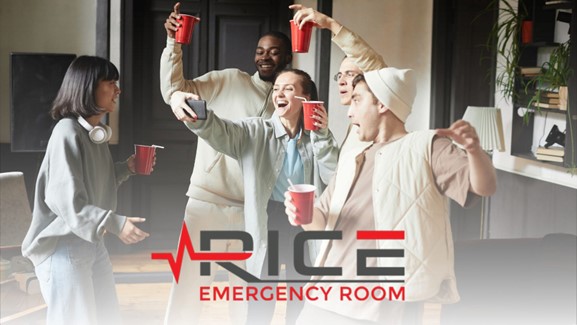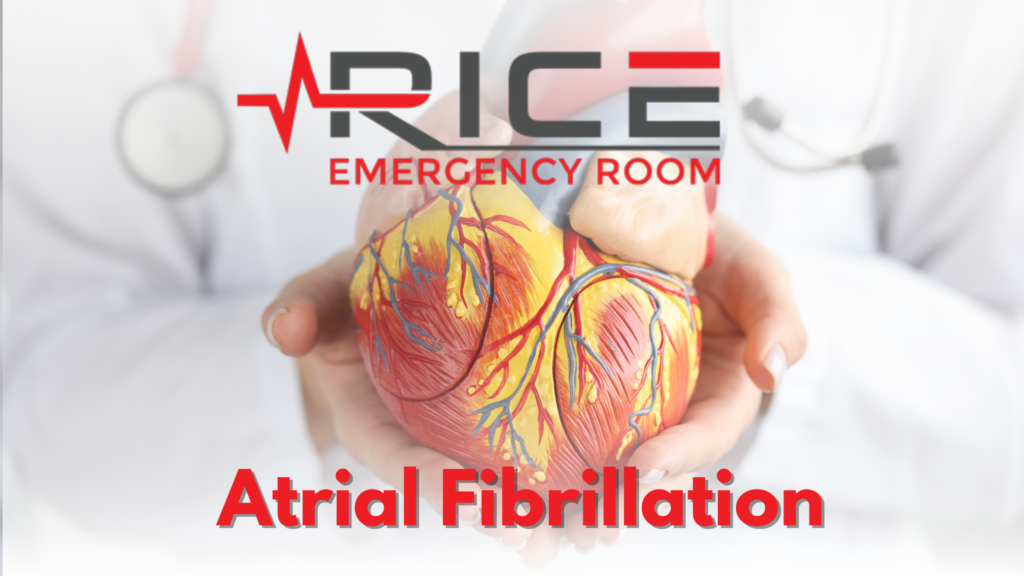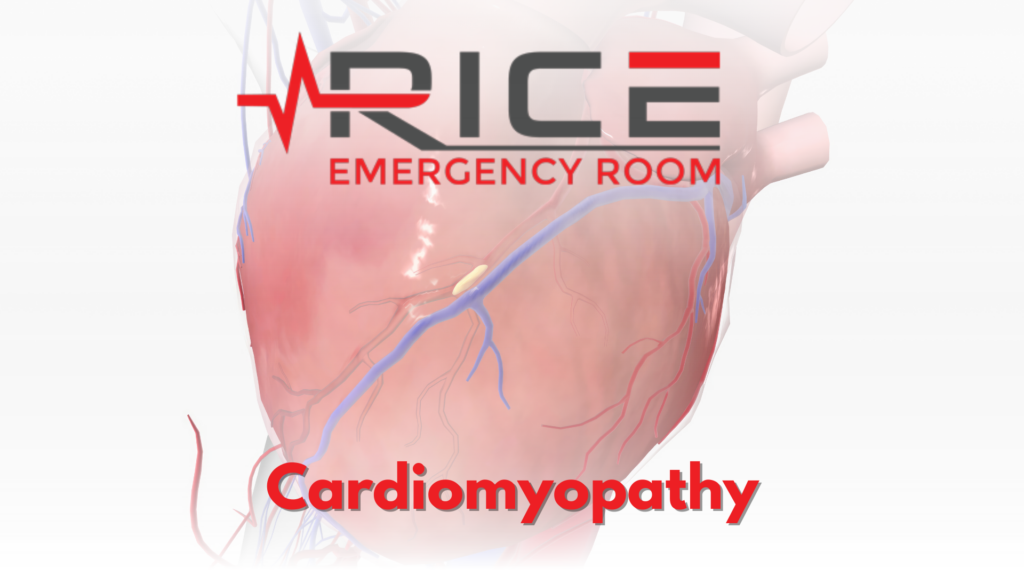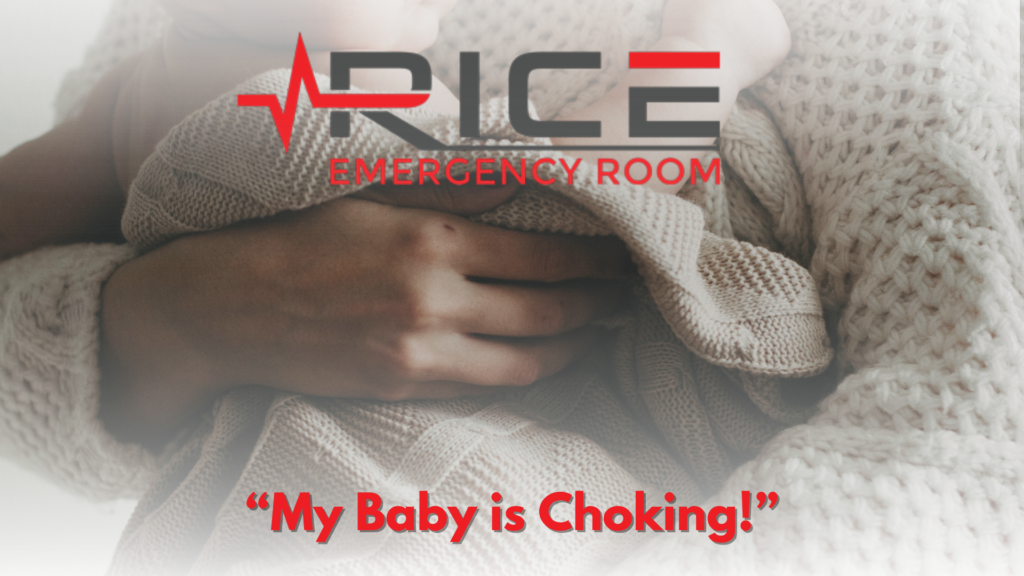College Alcohol and Drug-Related Incidents
Drinking and Drugs Are a Rising Concern with Houston Colleges Back in Session
As colleges and universities in Houston re-open their doors and students flood back into dormitories, lecture halls, and campus events, it is crucial for both the educational institutions and the broader community to remain vigilant about potential increases in alcohol or drug-related incidents. The excitement of returning to campus, the stress of academic life, and the freedom from parental oversight can sometimes create an environment in which substance misuse and abuse can thrive.
Understanding the Risks
A survey from the National Institute on Alcohol Abuse and Alcoholism reported that approximately 1,825 college students between the ages of 18 and 24 die from alcohol-related unintentional injuries, including motor-vehicle crashes, annually in the United States (“College Drinking”). This is a sobering figure, highlighting the urgent need for college administrations and students to take this issue seriously.
Moreover, according to the Substance Abuse and Mental Health Services Administration (SAMHSA), the transitional age of 18 to 25 is a period where young adults have the highest rates of substance use and dependence. The allure of party culture, peer pressure, and the desire to ‘fit in’ can sometimes lead students down a path of substance misuse. This can further result in health risks, poor academic performance, strained relationships, and legal issues (“Results from the 2020 National Survey”).
The Houston Scenario
Houston, with its diverse student population and bustling college life, is not immune to these national trends. Reports suggest that there has been a notable increase in alcohol or drug-related incidents around the time when colleges in the city are back in session. This should serve as a wake-up call for colleges, student organizations, and even parents, to recognize and address the potential pitfalls their students might encounter.
Preventive Measures
- Education and Awareness: Students must be informed about the consequences of excessive drinking and drug use. Incorporating educational seminars during freshman orientation or health classes can be instrumental.
- Peer Counseling: Programs that train students to provide counseling to their peers can create an environment where students feel more comfortable seeking help.
- Strict Campus Policies: Universities can enforce stricter regulations regarding substance use on campus. This includes penalties for those who violate these rules, ensuring the safety and welfare of all students.
- Collaboration with Local Law Enforcement: Building strong ties with local police can assist in curbing drug-related incidents, especially in areas surrounding the campus.
- Offer Counseling and Rehabilitation Services: Recognizing and supporting students who have a substance abuse issue is essential. Colleges can either have in-house counseling services or tie-ups with local rehabilitation centers to offer the necessary help.
What Can Students Do?
- Be Informed: Understanding the risks associated with excessive drinking or drug use is essential. This knowledge can be the first step towards making responsible decisions.
- Peer Watch: Students can look out for one another. If a friend is showing signs of substance abuse, it’s crucial to talk to them or get them the help they need.
- Seek Assistance: If a student feels they have a problem, they should seek help immediately. This could be through college counselors or external professionals.
As Houston’s institutions welcome back their students, it’s paramount that they prioritize their safety and well-being. Recognizing the potential challenges and taking proactive measures can make a significant difference in ensuring a healthier, more fruitful college experience for everyone.
If you or a loved one gets into an alcohol or drug-related overuse or overdose, it is crucial to seek medical attention immediately. Knowing where your nearest emergency room is located is vital to getting medical attention during medical emergencies. Rice Emergency Room is open 24/7, 365 days a year to help with any medical emergency, including alcohol and drug-related incidents.
Works Cited
“College Drinking.” National Institute on Alcohol Abuse and Alcoholism, U.S. Department of Health & Human Services, 2020. https://www.niaaa.nih.gov/publications/brochures-and-fact-sheets/college-drinking
“Results from the 2020 National Survey on Drug Use and Health: Detailed Tables.” Substance Abuse and Mental Health Services Administration, 2021. https://www.samhsa.gov/data/report/2020-nsduh-detailed-tables
Houston Department of Health and Human Services. “Annual Report on Drug and Alcohol Incidents.” 2022.




